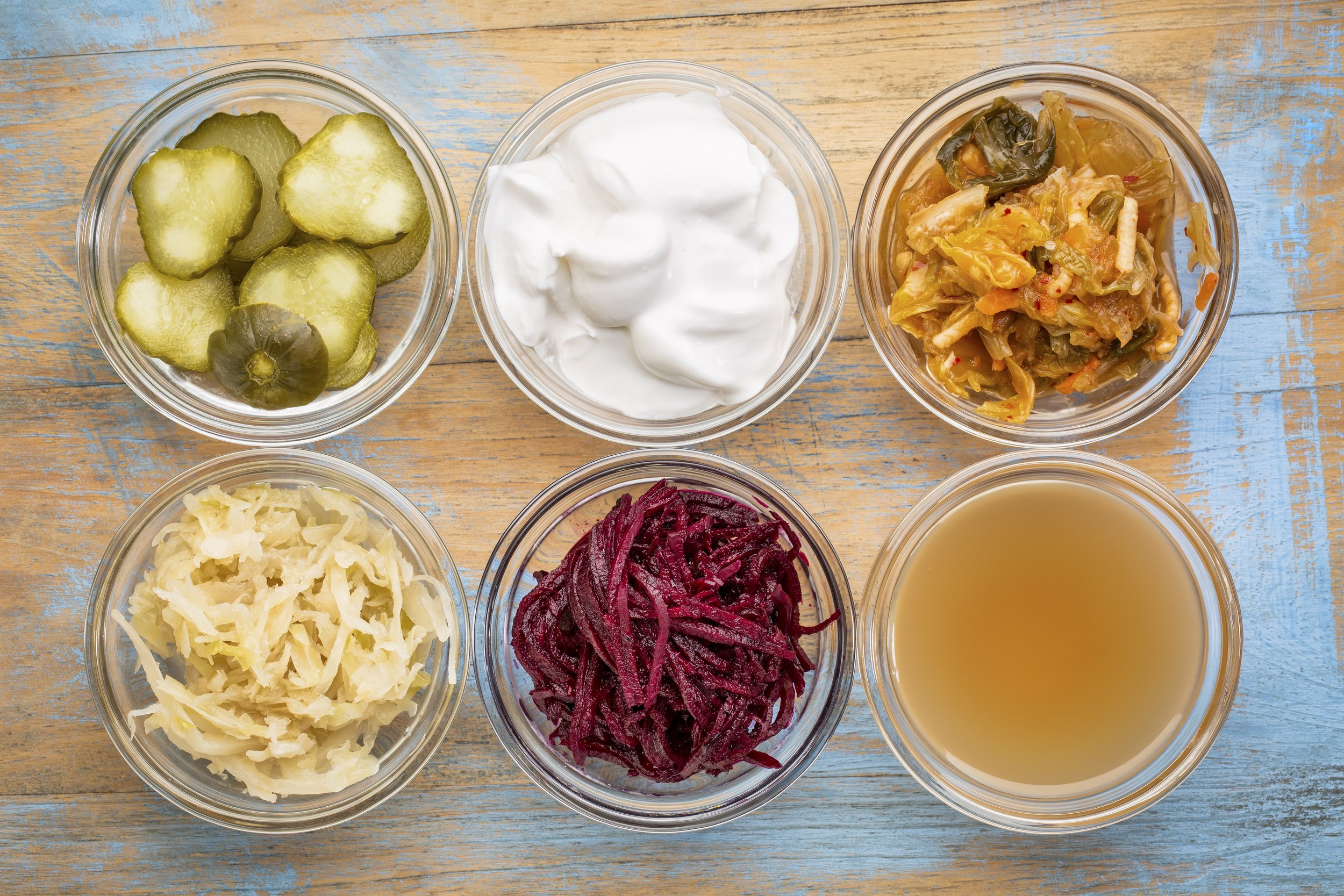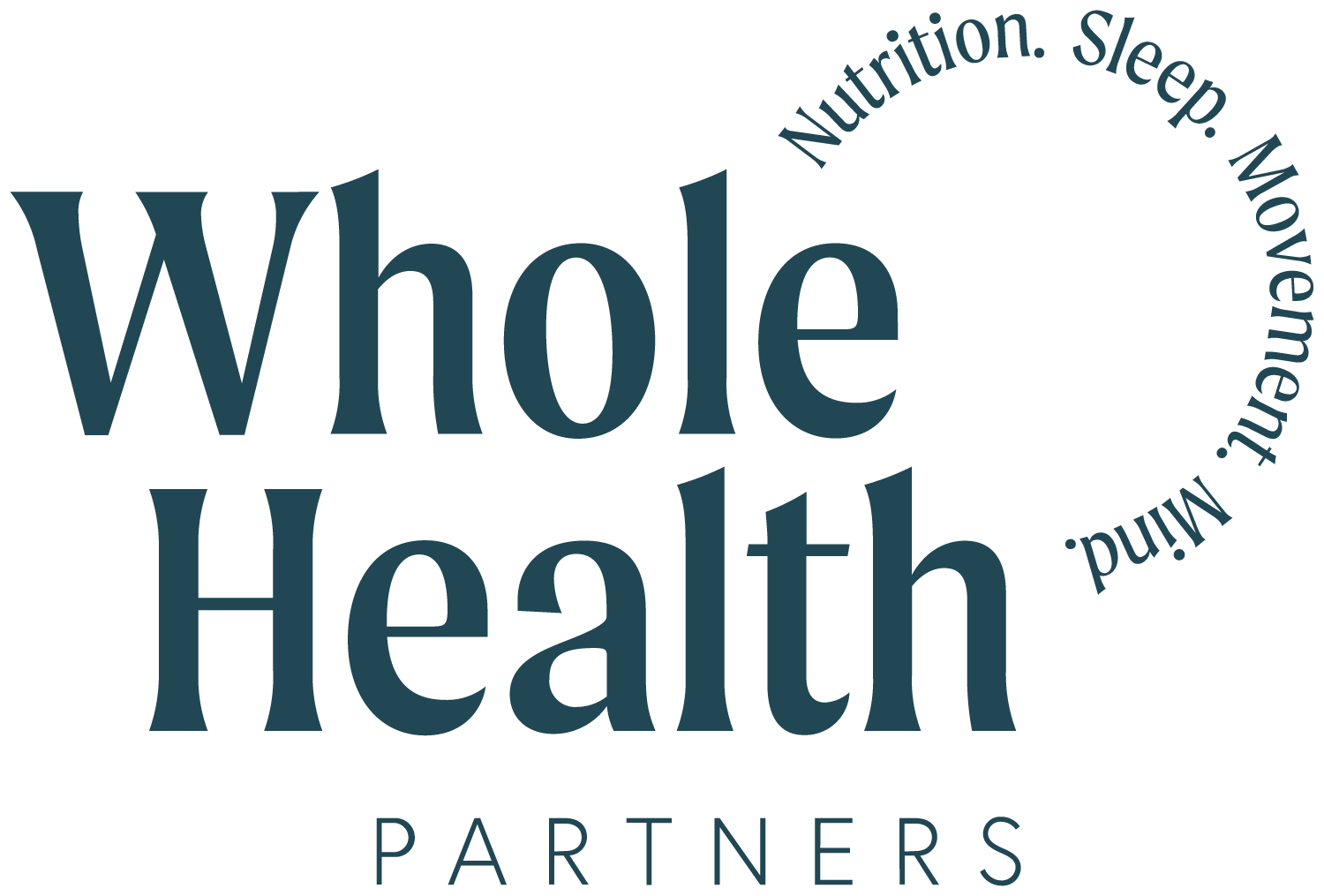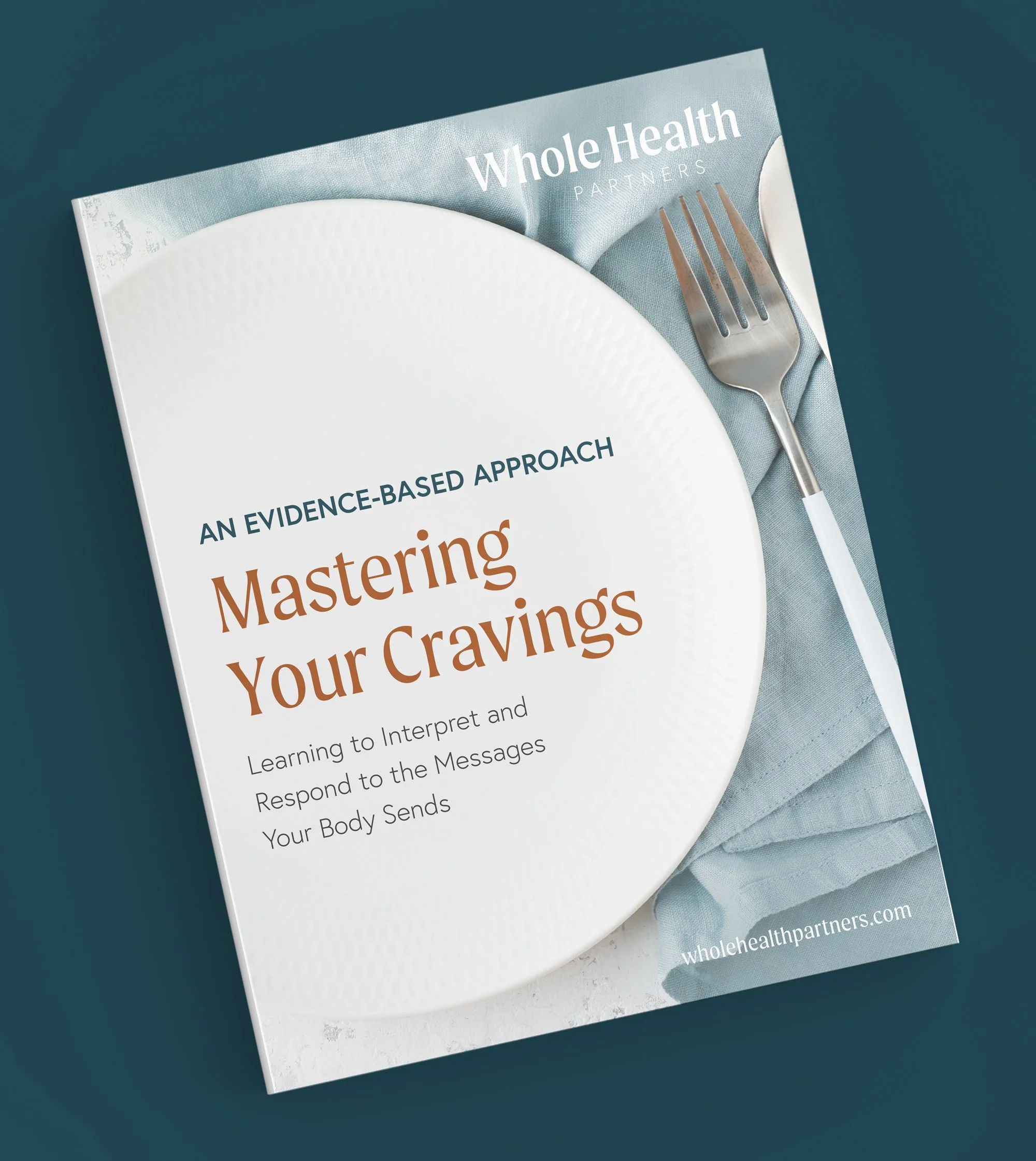Whole Health Partners’ Blog

3 Fast n’ Healthy Meals for a Busy You
“I just don’t have time to eat well!”
This may be the single most common concern we hear from our patients. And we get it. Between Instagram foodie trends and online health blogs, we get a message that eating better means creating literally everything from scratch. But here’s a little secret:
That’s just not true.

Three Lab Tests You Should Always, Always Ask For
We know. The blood test results you receive from your care provider can be confusing.
What do all the numbers and letters refer to?
Are high numbers good or bad?
What does it mean by an optimal range?
There’s a lot to unpack. And, honestly, the best way to understand blood test results is to work with a provider who can translate how your results on paper relate to your health circumstances, and your real world health goals.

How to Find Joy in Everyday Movement (Yes, Joy!)
At Whole Health Partners, we believe that you don’t need to overthink exercise. Joyful, healthy movement can encompass so much more than traditional sports or fitness routines. (Yes, even walking to a restaurant counts!)
This is why we often make physical movement a secondary goal, after tackling more complex things like nutrition and sleep with our patients.

Can a Good Friend Lead to Better Health?
Do you have a specific person in mind when you hear the term ‘good friend?’
We’re talking about someone who’s there for you, regardless of whatever is going on for them. Someone who encourages you, and finds the good qualities that you have a hard time seeing in yourself.

The Snack Secret that Keeps Blood Sugar from Crashing (Tips Inside)
When blood glucose spikes, it’s usually followed by a crash—but simple strategies can avoid these imbalances and leave us feeling healthier.

Get these Tools to Sleep, Eat and Exercise Better!
You wouldn’t run a marathon without first investing in a good pair of shoes. Yet whether it’s recipes, exercise routines, or meditation techniques—we often jump straight to specific action steps and tactics when we want to make changes toward a healthier lifestyle.

Your Microbiome & You: An FAQ for Better Health
Your microbiome is basically an ecosystem made up of all the bacteria, fungi, viruses, and their genes that naturally live in and on your body. All of these microorganisms work together to support your body’s basic functions, helping you to digest food, ward off illness, and develop and adapt your immune system to the environment around you.

Before You Make a Big Change: Setting Yourself Up for Success
You wouldn’t run a marathon without first investing in a good pair of shoes. Yet whether it’s recipes, exercise routines, or meditation techniques—we often jump straight to specific action steps and tactics when we want to make changes toward a healthier lifestyle. In order to make changes that stick, however, we may be better off slowing down, and taking some time to prepare.

What is Metabolic Health?
In our culture, weight (and the related concept of BMI) is too often used as shorthand for whether a person is healthy or not. Here’s the thing though:
You can’t actually tell from a person’s weight whether they are healthy or not.

Polycystic Ovary Syndrome (PCOS): Our Approach
If you’re one of the 20 to 30% of people with ovaries who have been diagnosed with Polycystic Ovary Syndrome (PCOS), you’ve likely talked to your doctor about medical interventions like the birth control pill or metformin. They may or may not have also advised you that dietary and lifestyle interventions can provide significant relief from common symptoms, as well as reduce the risk of long-term negative health outcomes like metabolic syndrome or heart disease.
FREE GUIDE
Mastering Your Cravings
In our guide, Mastering Your Cravings, you'll learn to interpret and respond to the messages your body sends – an evidence-based approach designed to kick off your health journey.



![Grab the Free Guide Small habits — when incorporated into your daily routine — can lead to bigger, more transformative changes. {{ include_custom_fonts({"Europa":["Light"]}) }}](https://hubspot-no-cache-na2-prod.s3.amazonaws.com/cta/default/242535189/interactive-218608809718.png)